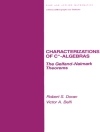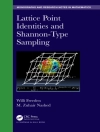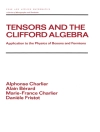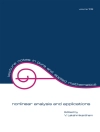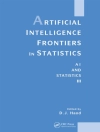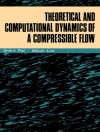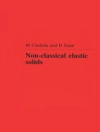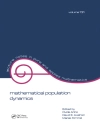A module M is called distributive if the lattice Lat(M) of all its submodules is distributive, i.e., Fn(G + H) = Fn G + Fn H for all submodules F, G, and H of the module M. A module M is called uniserial if all its submodules are comparable with respect to inclusion, i.e., the lattice Lat(M) is a chain. Any direct sum of distributive (resp. uniserial) modules is called a semidistributive (resp. serial) module. The class of distributive (resp. semidistributive) modules properly cont.ains the class ofall uniserial (resp. serial) modules. In particular, all simple (resp. semisimple) modules are distributive (resp. semidistributive). All strongly regular rings (for example, all factor rings of direct products of division rings and all commutative regular rings) are distributive; all valuation rings in division rings and all commutative Dedekind rings (e.g., rings of integral algebraic numbers or commutative principal ideal rings) are distributive. A module is called a Bezout module or a locally cyclic module ifevery finitely generated submodule is cyclic. If all maximal right ideals of a ring A are ideals (e.g., if A is commutative), then all Bezout A-modules are distributive.
A.A. Tuganbaev
Semidistributive Modules and Rings [PDF ebook]
Semidistributive Modules and Rings [PDF ebook]
Bu e-kitabı satın alın ve 1 tane daha ÜCRETSİZ kazanın!
Dil İngilizce ● Biçim PDF ● ISBN 9789401150866 ● Yayımcı Springer Netherlands ● Yayınlanan 2012 ● İndirilebilir 3 kez ● Döviz EUR ● Kimlik 4595496 ● Kopya koruma Adobe DRM
DRM özellikli bir e-kitap okuyucu gerektirir



